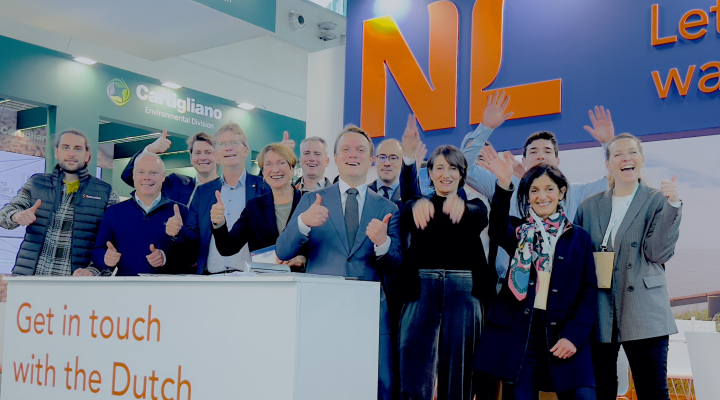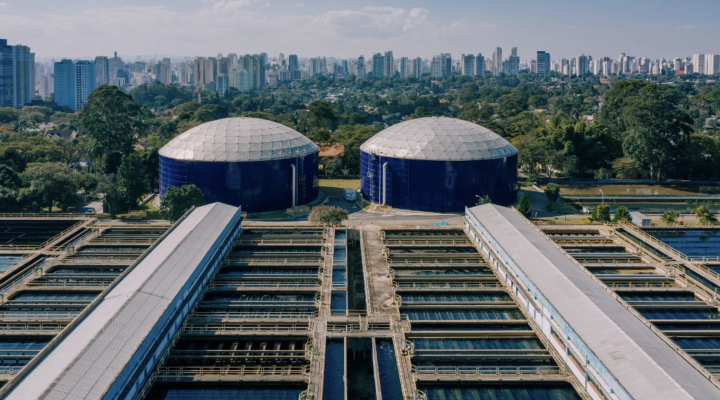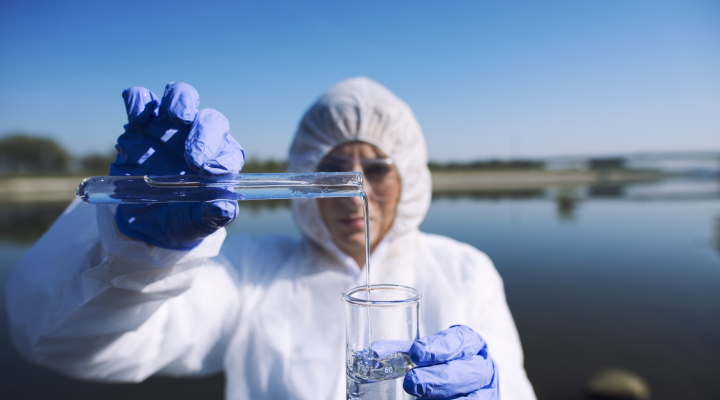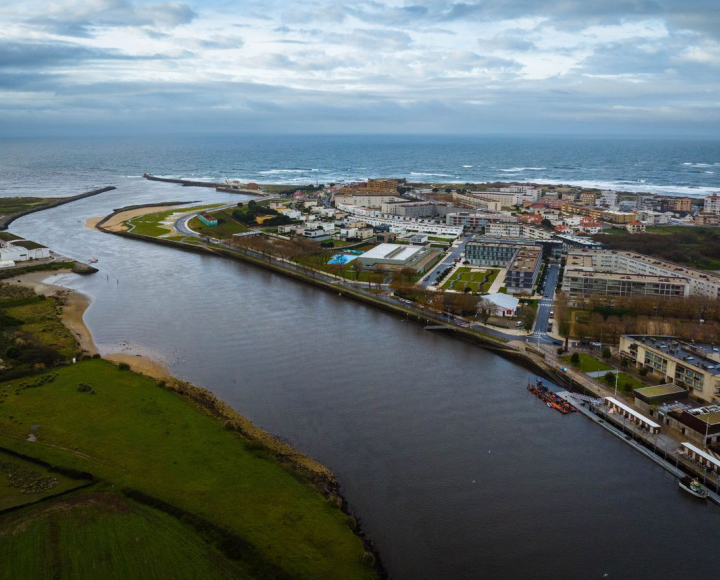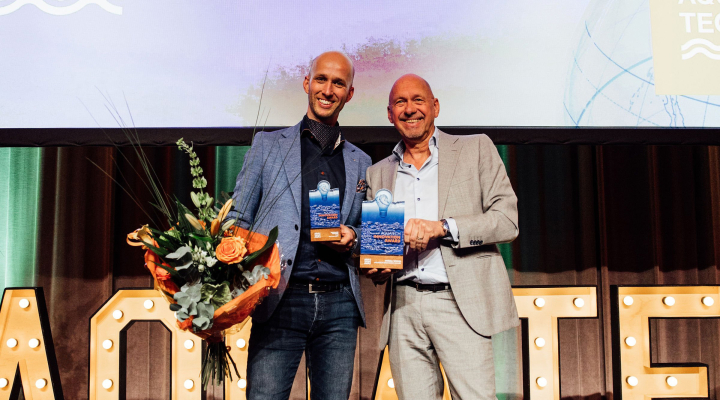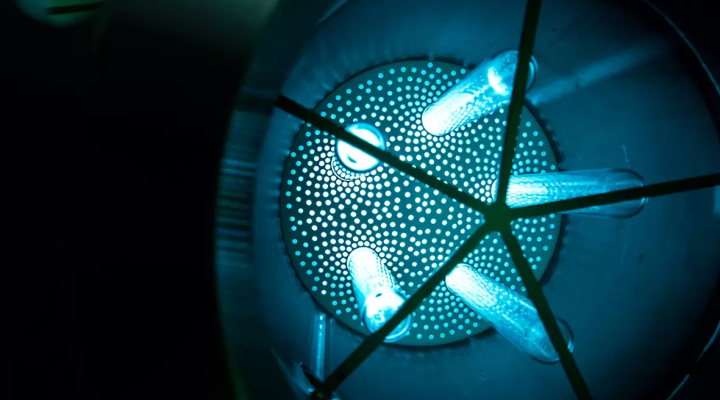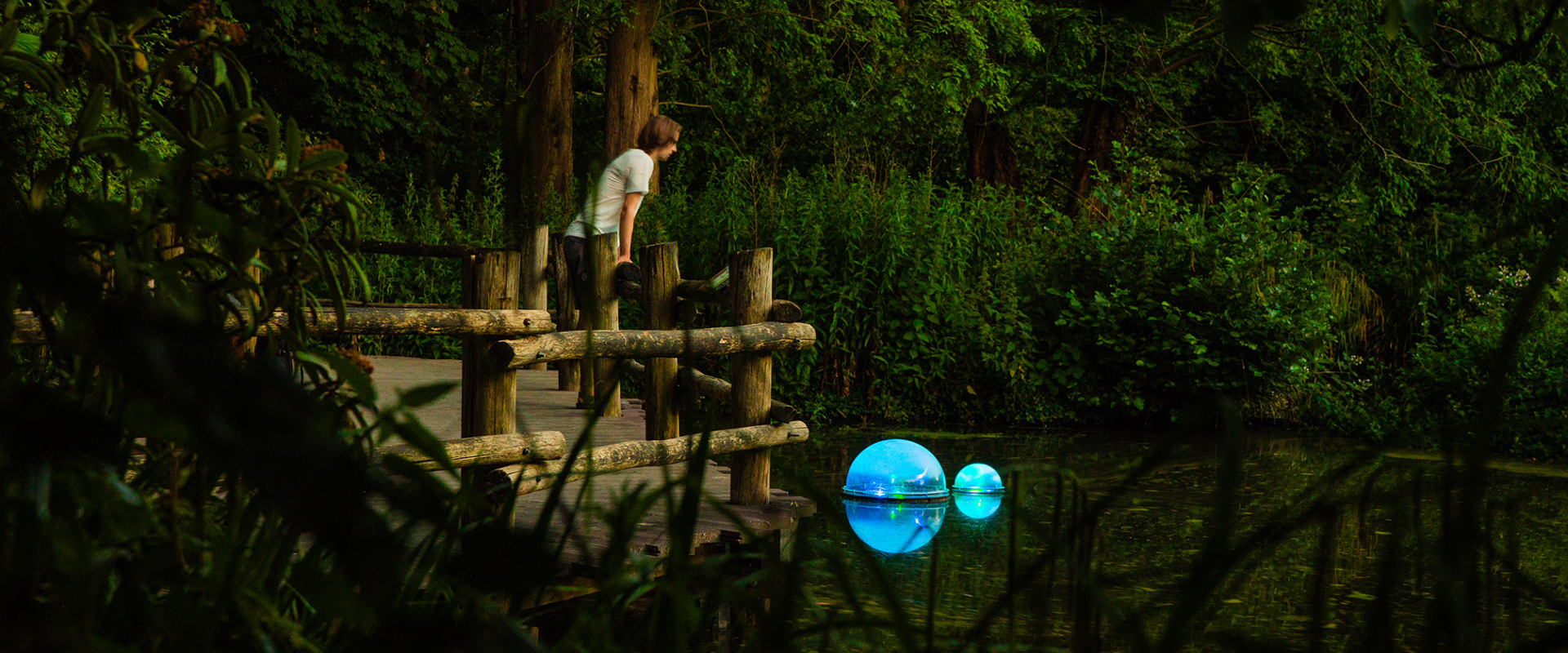
Dutch floating lamps reveal water quality
The world’s first floating lights give water a voice, conveying its quality through colours and patterns as the sun sets. This innovative solution is called POND and it is powered by microbial fuel cell technology.
POND will be deployed in four Dutch municipalities in its trial phase, generating clear information on the water’s health and inspiring the public to preserve this natural resource.
The Netherlands is taking a step forward in tackling water pollution by developing the world’s first floating light system that gives water a voice. POND, an acronym of Power of Nature Based Design, is an innovative solution that shows that water is a living being that needs to be taken care of. This first-of-a kind innovation consists of floating lamps with sensors that register the quality of the water and translate the information into coloured lights when the sun sets.
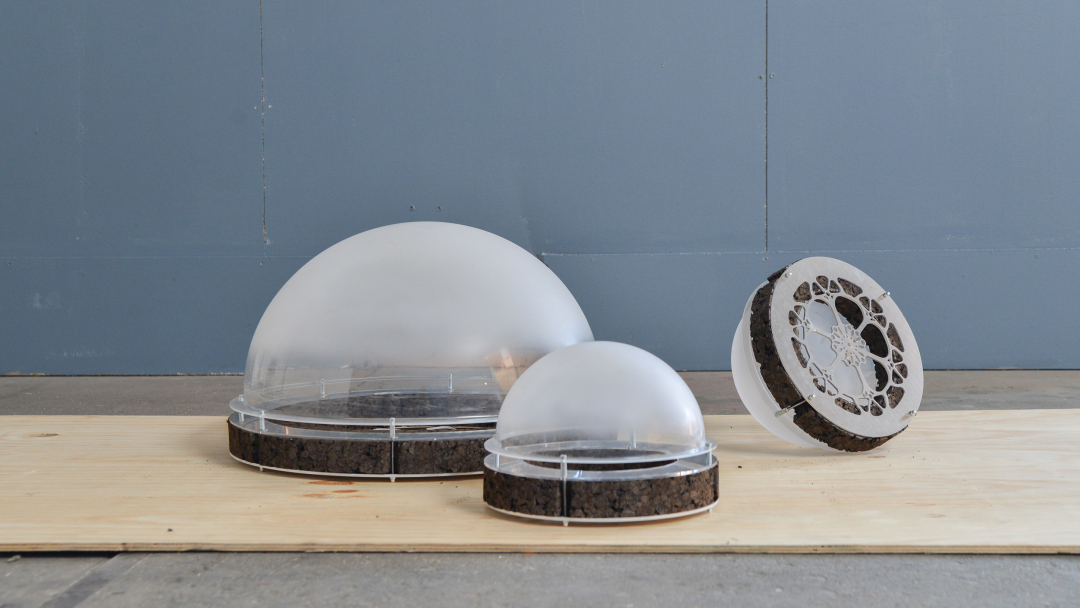

Visualising water quality
Nova Innova, an award winning bio-design studio in Rotterdam, and partners – Rotterdams Weerwoord, Hoogheemraadschap van Schieland en de Krimpenerwaard, Waterschap De Dommel, Hoogheemraadschap de Stichtse Rijnlanden and the University of Southampton – dedicated four years to developing a robust system that is based on sustainable microbial fuel cell technology, a biological battery that harvests electricity from organic matter found in the water. The healthier the water, the more electricity these bacteria produce. The electricity is used to power sensors that convey the values, represented through colours: red to indicate poor water quality and blue for good water quality. By visually representing water quality, POND transforms water pollution from an abstract concept into a tangible reality, motivating communities to take action to keep their waters healthy.
The floating lamps also function as magnifying lenses, projecting patterns and shadows of underwater life onto the surface. Passersby can observe the hidden beauty of the aquatic world, much like looking through a microscope.
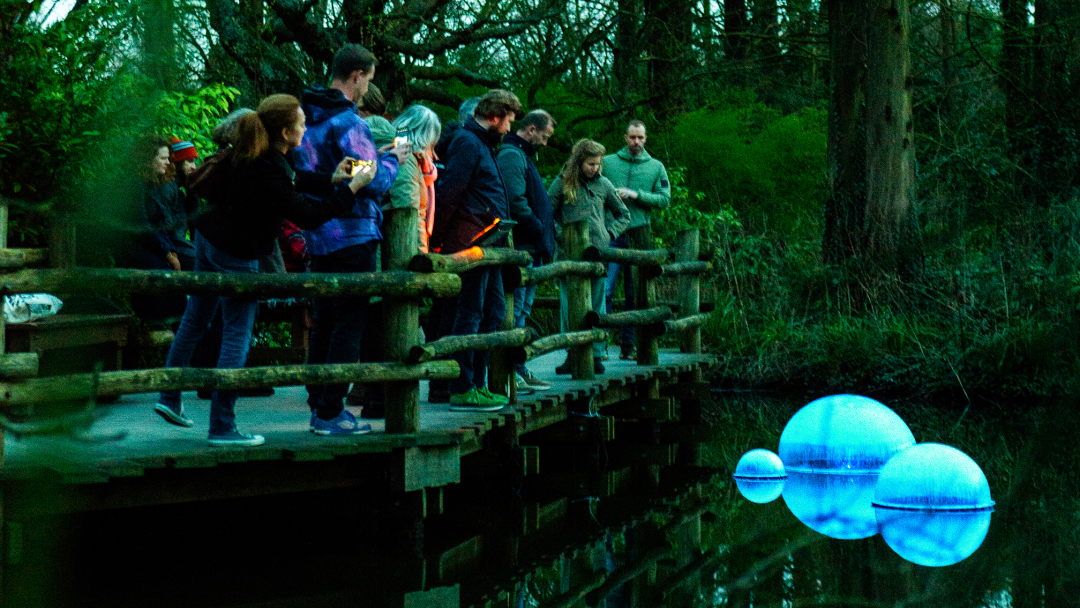

Trials in open locations
After a successful pilot phase where POND was tested in water at Blijdorp Rotterdam Zoo, the lighting spheres will continue to be trialled at four Dutch municipalities: Amsterdam, Delft, Utrecht, and Voorne aan Zee. Each of the trials will have a specific objective.
In Delft, in cooperation with the Deltares knowledge institute, the focus will be on generating and validating measurement data. In addition, the potential of extending the number of sensors will be explored. In Amsterdam, POND will be used to spark a social dialogue on water quality. In Utrecht, the floating spheres will be part of the municipality of Utrecht’s and the Stichtse Rijnlanden Water Authority’s joint healthy water programme. The programme entails measuring more than 100 criteria between 2025 and 2028 to improve the city of Utrecht’s water quality. Lastly, POND will be used in Voorne aan Zee to test its applicability in brackish water.
POND can serve as a valuable tool in addressing water pollution, providing data that supports informed maintenance strategies, enabling faster predictions, and facilitating proactive, preventive action. The POND trials are supported by the TKI Delta Technology programme of the Dutch Top Sector Water & Maritime.




